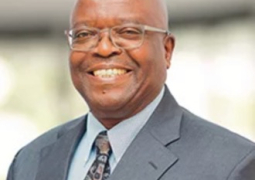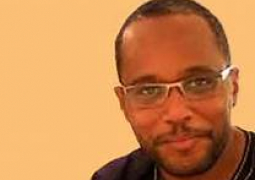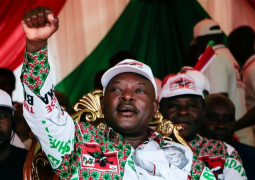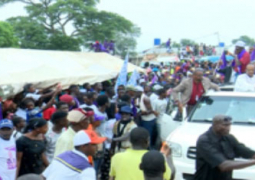Governor Bah stated that The Gambia government and the World Bank are doing this to eliminate poverty and help society in order to improve their living standards.
"This is the first time I hear about such programmes and good jobs for the World Bank and the government. I want the programme to be extended to every household so my people can help themselves."
He explained that his role is to facilitate government policies and programmes, adding there are so many awesome ongoing projects in his region ranging from agriculture, education, health and more.
"In tackling food insecurity, the Ministry of Agriculture is in collaboration with the Roots project which is impacting society. We also welcome the Nafa programme because it gives it more weight."
Bah emphasised that the World Bank has a corporate social responsibility as a body to alleviate poverty in the world and they owe it to the Gambia.
Fatou Dibba, a beneficiary and resident of Kiang Kolior expressed joy, saying "we are very much impressed by the World Bank and the Gambia government for coming to our aid. This came by a dream and we are grateful and looking forward to more support."
Dwelling on the importance of the cash, she said it would help her children while saving some to start up her own business to prepare herself for future difficulties.
Fatou Fatty, also a beneficiary, said they are overwhelmed with the great support. "We have nothing to pay back but we will continue praying for the donors' continuous success in their goals.
Nyakas Marcy, a beneficiary from Kiang Kolior, thanked the World Bank and the Gambia government, saying she would now use the money to take care of her children's needs.
"I will save some of the money and establish a business that could generate income after the project."
Speaking at Kerr Maila in the CRR, Ousman Dem, the programme officer for Social and Behavioural Change Communication at NaNA, explained that Nafa is a component of SSNP, which gives cash transfer, intensive and diversified social and behavioural change communication to the beneficiaries who number 15, 606 nationally found in the 20 poorest districts in The Gambia. He confirmed that they paid 1621 beneficiaries in CRR North.
Talking about the obstacles in delivering their work, he said: "Among the challenges we faced were the unavailability of both the principal recipients and procurator. Some are reluctant to come because of the farm and when we insist not to pay, then that's the time you see them coming forward."





